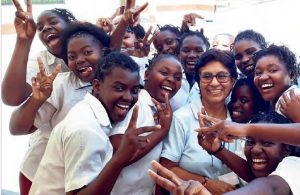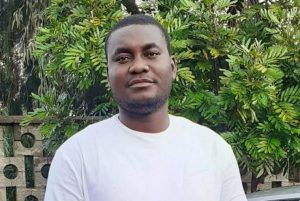More than 3,300 people have been killed since October alone in the Democratic Republic of the Congo’s Kasai region, said a recent report by Catholic Church.
The death toll includes civilians caught in the crossfire of a brutal fight between the Congolese army and an opposing militia group. In the central-southern province of Kasai, the report saidfr that 14 villages have been destroyed thus far, totalling at least 3,383 deaths.
Ten villages were destroyed by the central government’s army in an attempt to root out the opposition. Four more villages were demolished by the Kamuina Nsapu militia, killing hundreds of people and attacking church property while trying to drive out the government.
“We obtained these figures from reliable sources”, said the spokesman for the National Episcopal Conference of Congo (CENCO), Fr Donatien Nshole. “We set up a system to keep track of all violence perpetrated since the beginning of the conflict”, Fr Nshole explained.
“The system is based on the structures of the various dioceses where information is gathered by diocesan commissions. The Catholic Church has a presence in all Congolese villages and thus has access to areas not covered by the UN,” he added.
The report also specifically deals with the damage affecting Catholic religious institutions. A total of 60 parishes, 34 convents, 31 Catholic health centres, and 141 Catholic schools have been damaged. A diocesan centre was destroyed and two bishops had to be evacuated. A large church in Kinshasa was also ransacked by militiamen in February.
Cardinal Monsengwo Pasinya of Kinshasa, the country’s capital, has told he thought the Church was being targeted “in order to sabotage her mission of peace and reconciliation”.
Political unrest developed in Congo in 2015 after a bill was proposed which would potentially delay the presidential and parliamentary elections. The bill was widely seen by the opposition as a power grab on the part of Kabila.
Relations between the government and the opposition deteriorated further when a Kasai chief was killed last August, after calling on the central government to quit meddling in the territory, insisting it be controlled by the local leaders. With a history of bloody ethnic rivalries and clashes over resources, fears have developed that the violence in Kasai, a hub for political tension, will spread to the rest of the nation and even lead to the involvement of neighbouring countries.
Catholic bishops in the country had helped to negotiate an agreement, which hoped to prevent a renewed civil war by securing an election this year for the successor of President Kabila.
In recent statement, the Catholic bishops said “The New Year’s Eve Agreement is the only roadmap based on the Constitution, which we must demand respect and its application by the signatories”, “Politicians – denounces the document – multiply initiatives to empty the content of the Agreement, thus preventing the free, democratic and peaceful elections”.
The agreement was signed on the 31st December, 2016, with the mediation of Bishops, provides for the formation of a national unity government that will lead the DRC to general elections by 2017. President Joseph Kabila has, however, created a government with only one part of the opposition.
“Political impasse is having disastrous consequences on the national economy – continues the statement – the collapse of the national currency and the rate of growth, unemployment and loss of household purchasing power. Young unemployed people go to swell the ranks of the increasingly numerous armed groups that plunge vast areas of the country into chaos and insecurity”.






